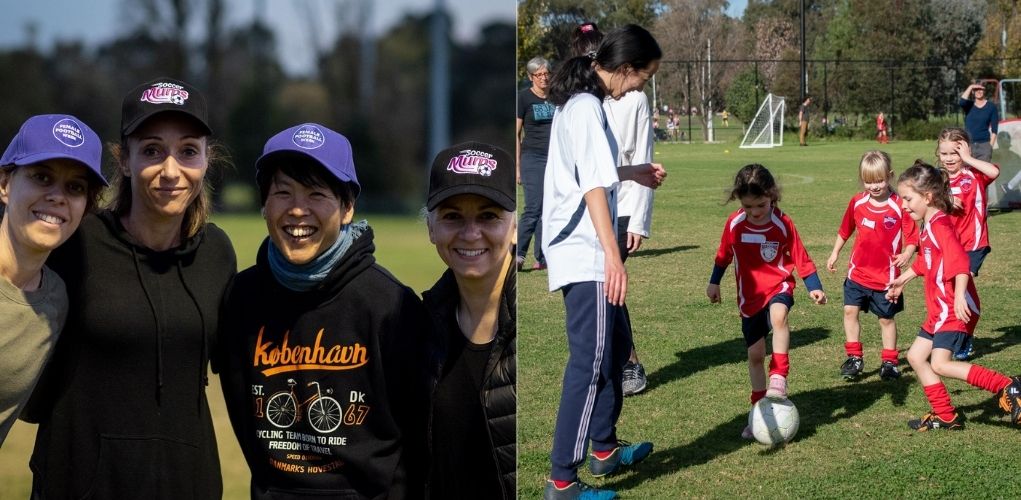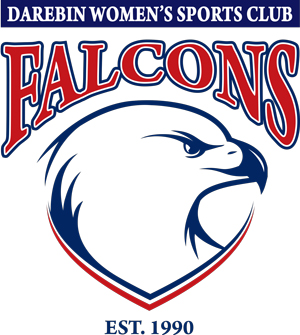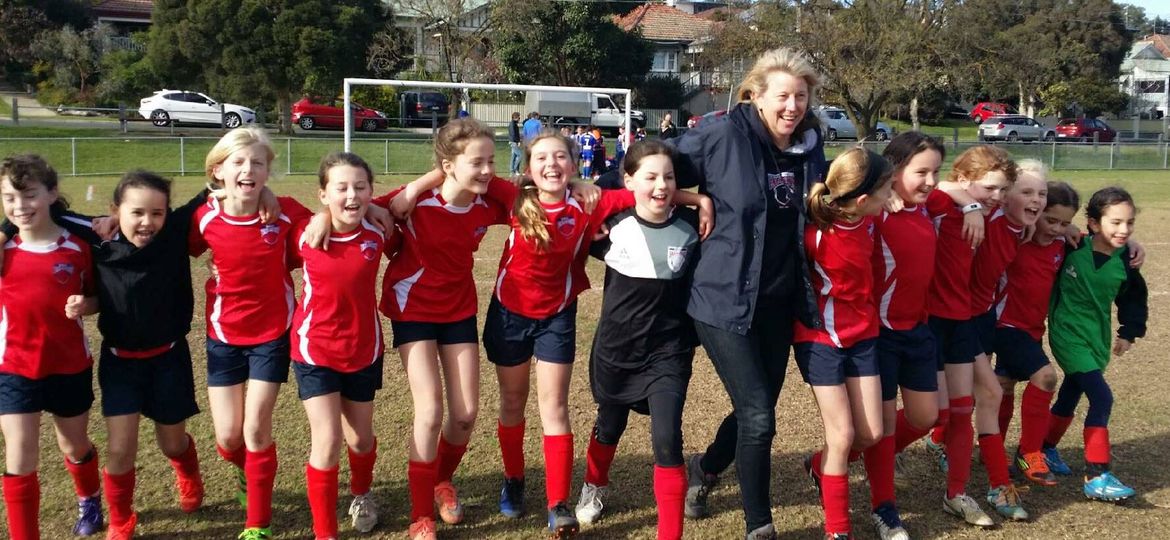At the Tokyo 2020 Olympics this year, the Women’s Football goal medal winners, Canada were led to victory by Head Coach Bev Priestman. Priestman was one of only 9 female soccer coaches (including assistant coaches) from a contingent of 59 coaches. This equates to only 15%.
With less than two years to the Women’s World cup in Australia in 2023, this is a statistic that needs to change.
This month, Football Australia launched a new initiative aimed at addressing the recruitment, development, and retention of women in coaching. This is one of the strategic areas of FA’s FIFA World Cup plan, also known as Legacy ’23, aims for greater female representation in key roles.
At Darebin, inclusivity of girls and women in the sport is at the heart of our club and has always been reflected in the building of our soccer programs.
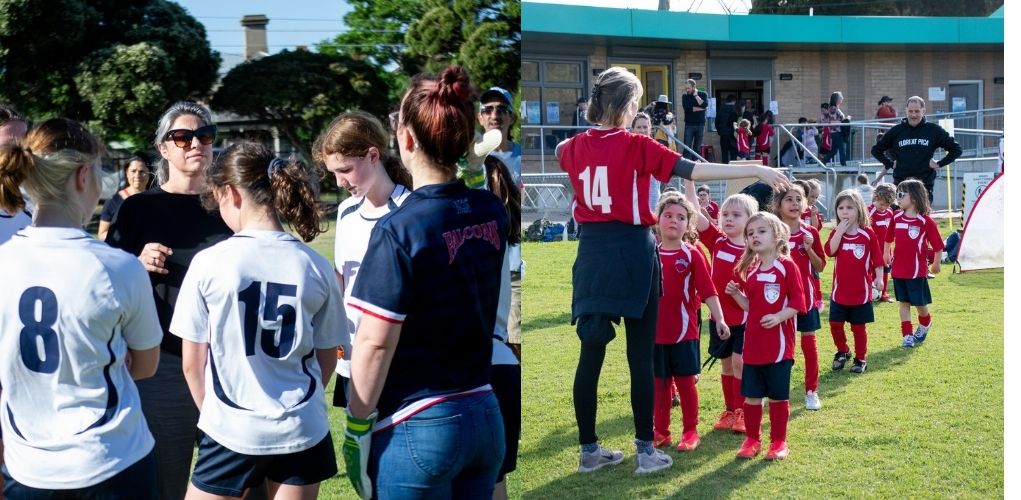
Within our 28 teams competing in 2021, 8 female coaches lead teams from Under 8 up to Seniors, and a further 13 female coaches aged between 14 and 17 who coach in our MiniRoos Kick Off Program.
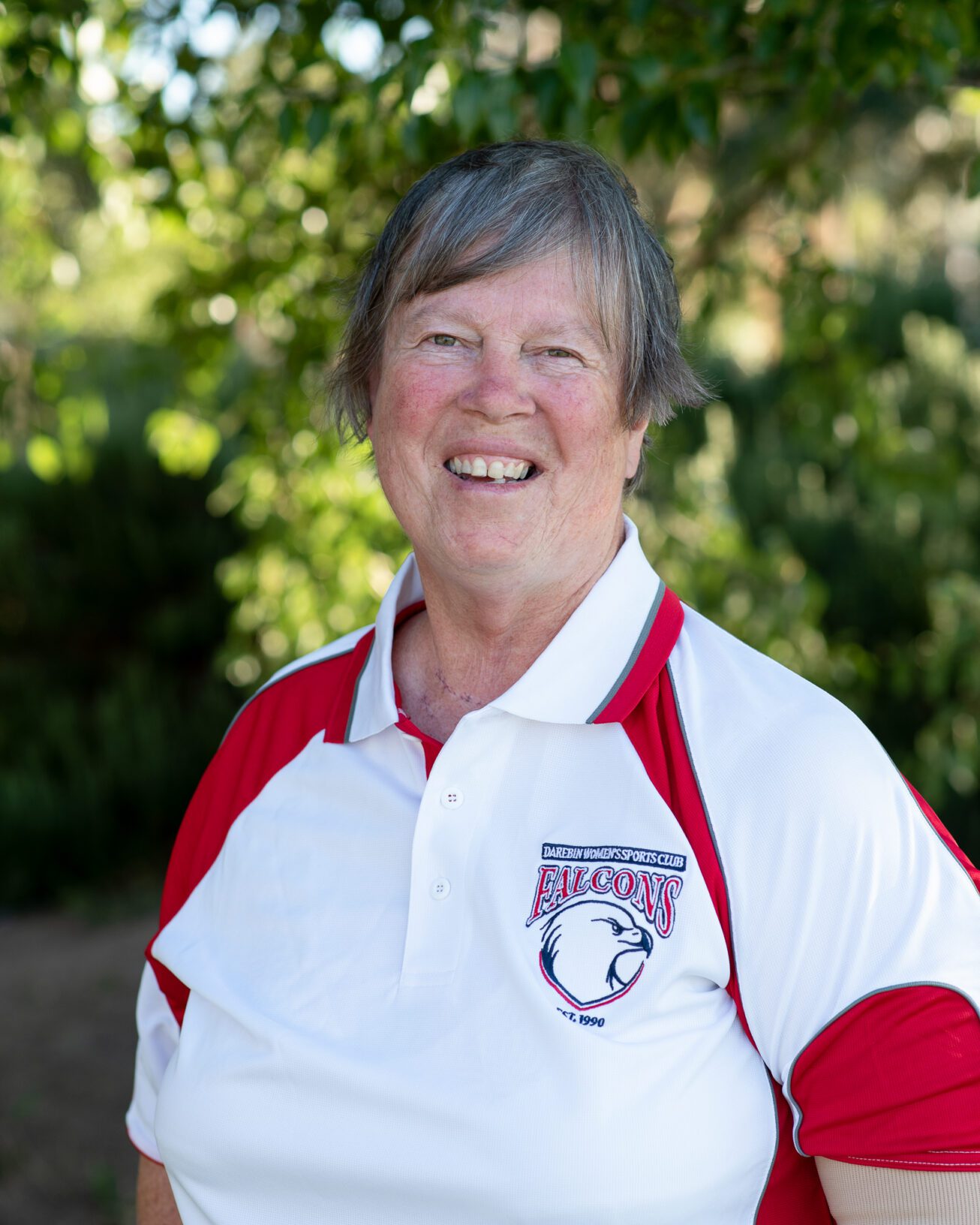
Our Women’s Soccer State League 4 Senior Coach, Maria Berry brings a wealth of experience in coaching to the Falcons.
Maria has coached junior and senior teams at a range of clubs including Yarra Jets FC, Brunswick Zebras, Kensington and University of Melbourne.
Maria provides a strong role model for our many talented junior female coaches to aspire to.
However, there is still some work to do in attracting and retaining female coaches to lead our junior teams.
SAP Head Coach, Assistant Coach U14s and Coaching Committee Member, Mereki Nieman believes this this is a great opportunity for Mum’s to get involved.
I would love to see more women take up soccer coaching at the Falcons. I had never thought about coaching, and was happy just helping out when my daughter was doing mini roos. When she started playing U9s I was asked if I would like to coach. I thought – why not!
That first year was a real eye opener! I focused on the stuff that I knew I could do, like being super organised on game day or following the FFA curriculum training sessions. I had a great group of parents that supported me and their daughters, and we have had so much fun together over the years.
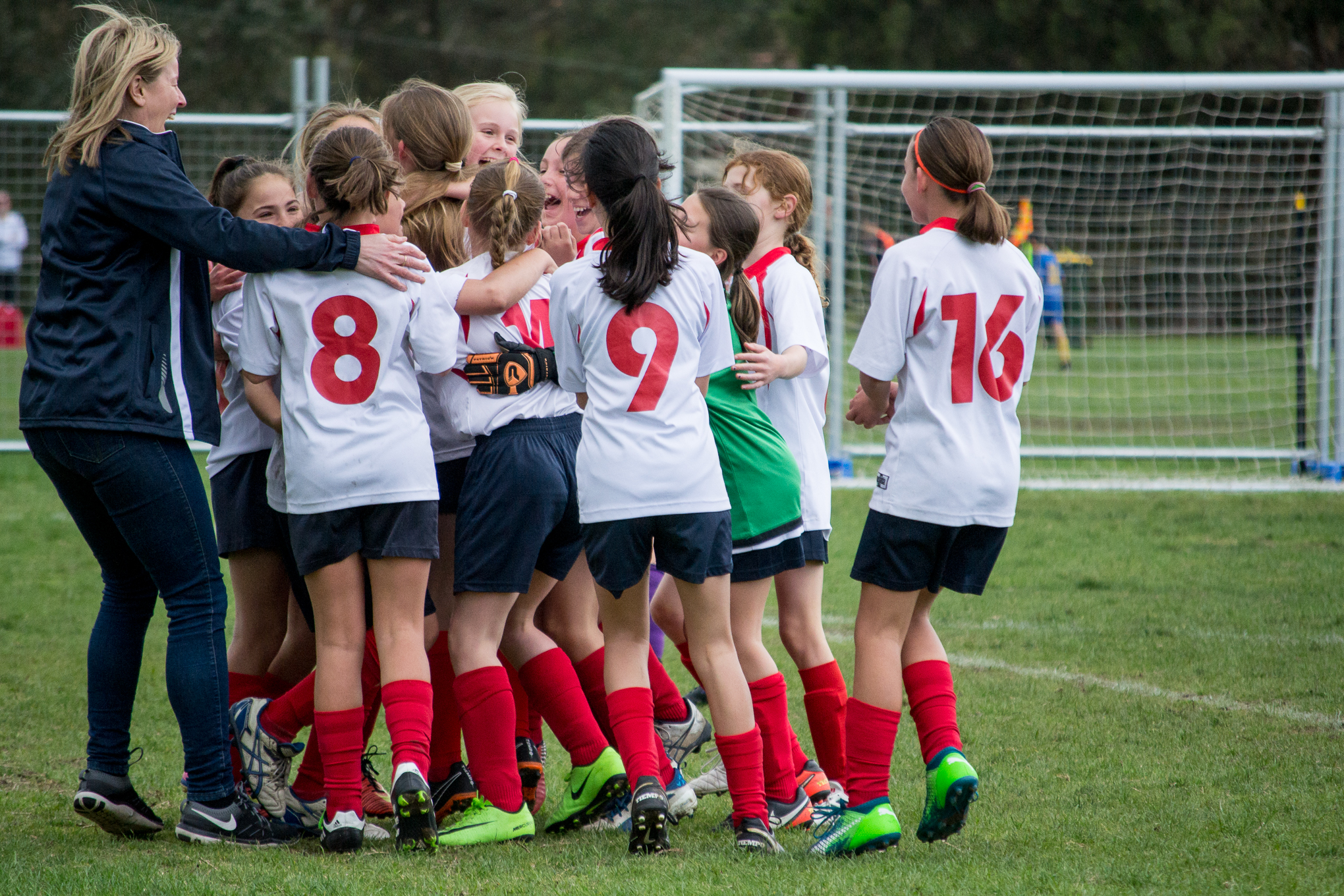
Parents are often at the heart of many of the junior programs, spending time with their kids in a fun, engaging, and inclusive environment that focuses on enjoyment rather than results. The clear message is the more fun their child has, the more likely they are to continue playing and that female coaches have a big impact on young women and girls.
Talented footballer and Mini Roos Coach Giulia Codini describes the inspiration from parent coaching that have shaped her own coaching career.
My dad inspired me to start coaching as he taught me a lot throughout the years. He started coaching me when I was young and he always got me involved.
For my coaching pathway I received my mini roo certificate. I then started mini roo coaching and have also helped out with the SAP program and will eventually apply for the certificate. I have also been involved in the emerging referee program which has helped me with my coaching.
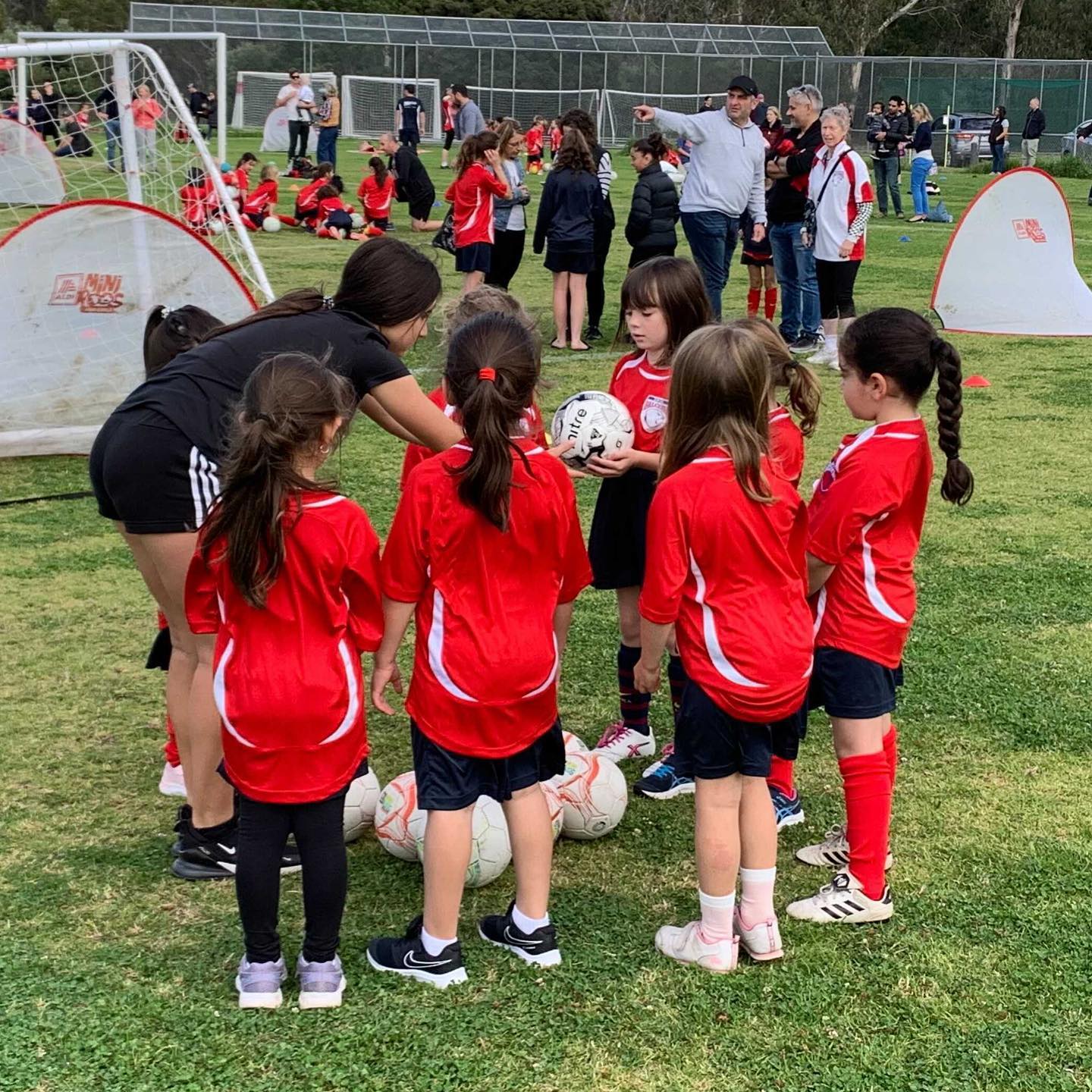
Giulia talks about the impacts of coaching on her own development, and the importance of role models. Giulia’s current coach, Camila not only has an important influence on her as a player, but also as a mentor to provide guidance on Giulia’s coaching.
Camila is a very approachable, calm and dedicated coach who treats everyone as individuals and is willing to put in extra time and effort for players who are dedicated.
Coaching is helping me understand the game and is helping me as a player for my own game. I am learning how to be a good leader and mentor. One of my goals is to also be able to coach my own team.
Another young Darebin leader, Ada Breach is another player who has started coaching younger players. Ada current plays and captains an U14 team. She reflects on the inspiration, and encouragement received from her own coaches.
I have always been interested in leadership, and sport is a big part of my life so I thought it was a great opportunity to combine two of the things I do best. I also coached in some other sports, so when I found out I could coach for soccer too I definitely wanted to get involved.
I’m not really sure where I want to go with soccer coaching, but I hope that for now at least I will be able to help other young girls develop their skills and play a sport that we all love.
Greater visibility of female coaches is important to inspiring more women and girls to give it a go. For many that have not played or watched a lot of soccer, taking on a coaching role can seem daunting.
Senior Coach Maria believes that there are plenty of ways to learn more about the sport. “I think the first thing is to watch lots of games of other teams and talk about them with your friends and coaching colleagues. It is much easier these days to see top women’s games, these should be the inspiration. You can watch W-League, WSL and NWSL games fairly easily now.”
What is SAP Coach Mereki’s thoughts on getting started if you don’t have the soccer background?
“I would say to the Mum’s out there that might be worried that they don’t have enough soccer experience to coach – neither did I, but you can learn it! What is important is that you understand what it is like to be a young girl and can be a strong role model to your players.”
Ada says “for those thinking that they might coach, I think just give it a go. You never know whether you’re going to like something until you try it.”
For Giulia the advice is simple. “Give it a go, we need more women coaches!”
